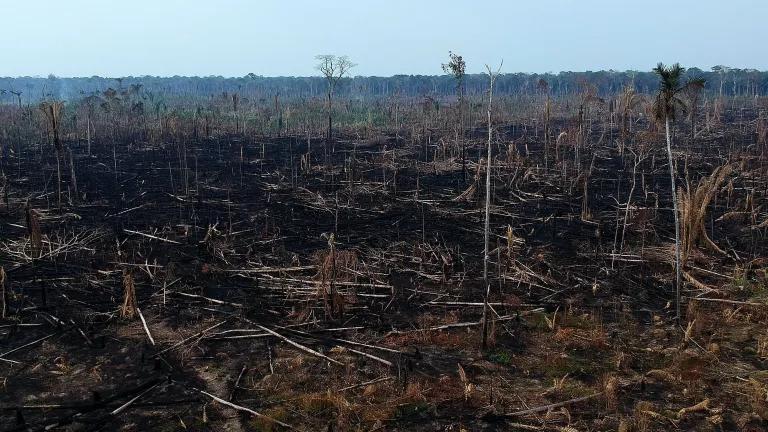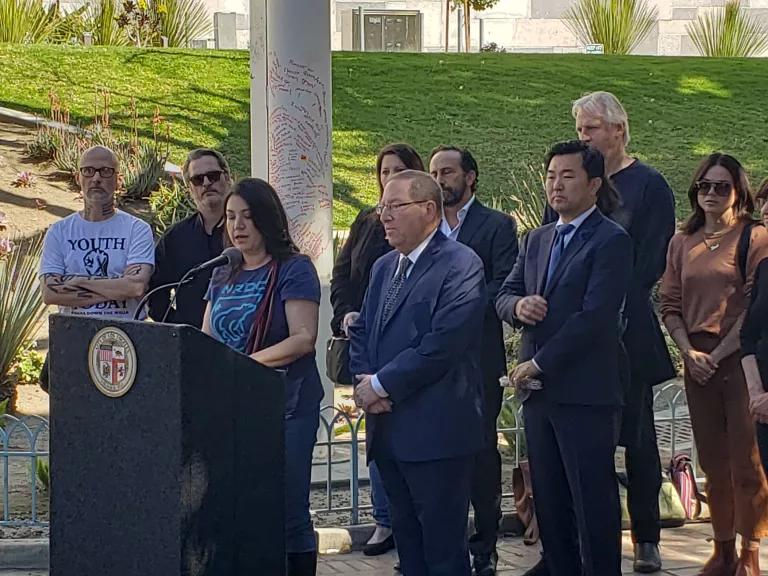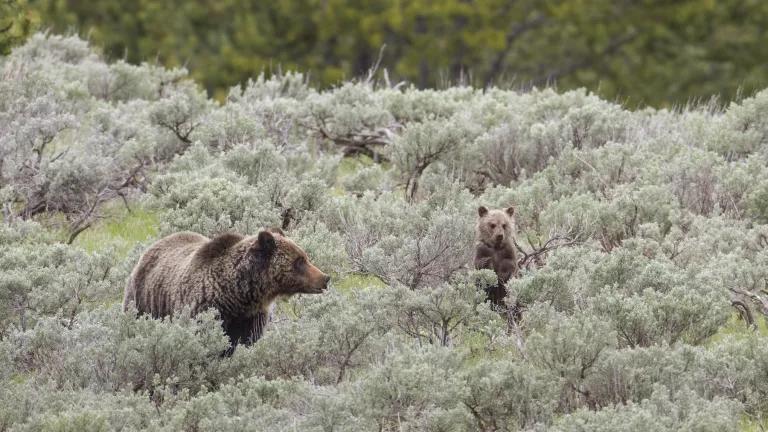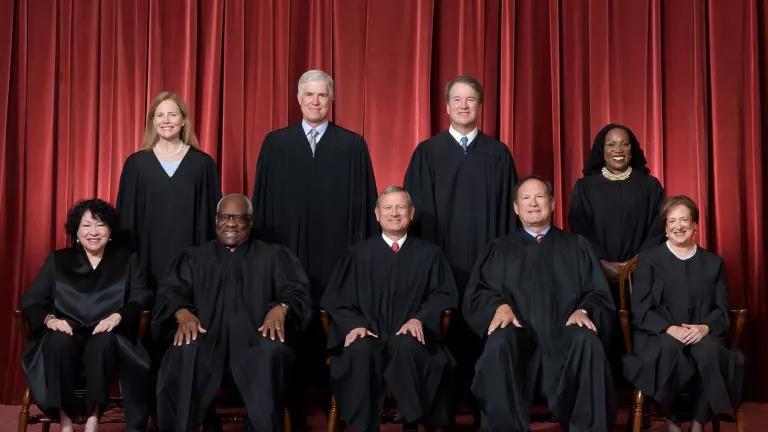
We are facing two interrelated crises that threaten life on Earth as we know it: the climate crisis and a biodiversity crisis. The interconnectedness of these crises is especially manifest in the Amazon rainforest, where deforestation places both species and the global climate at risk. Despite the urgency of preserving the world’s remaining intact forests, deforestation in the Amazon increased by 90% this year as intentionally-set fires destroyed an area 12 times the size of New York City. As home to one in ten of the Earth’s species and with the ability to absorb 5% of the earth’s carbon emissions, we need a healthy Amazon rainforest to help regulate the global climate and provide rich and nourishing habitat for wild plants and animals, otherwise we are looking at a very bleak future. So, many are acting, like the City of Los Angeles to do their part. The city is going to develop a plan to bar City purchases of items derived from deforestation and to stop doing business with companies participating or investing in the Amazon’s destruction.
The U.S. marketplace, as a major purchaser of products like soy and beef, can play a significant role in protecting critical areas like the Amazon. One example of this is a Motion adopted by the City of Los Angeles that would help it eliminate the purchase of products derived from deforestation of the Amazon rainforest. Specifically, the motion instructs those in charge of the city’s purchasing (i.e., purchases of everything from toilet paper for public schools to meat for hospital dinners) to research ways it can eliminate the purchase of products derived from Amazon deforestation and stop contracting with, investing in, or otherwise doing business with firms that engage in Amazon deforestation. Given that Los Angeles accounts for 3.8% of the U.S. economy—which is, in turn, the largest economy in the world—this motion could make a big impact if passed and serve as an important first step towards making it impossible to profit off the destruction of the Amazon, which endangers our shared future.

The stakes couldn’t be higher. The climate crisis is bringing droughts, floods, extreme heat, and associated death and poverty. The biodiversity crisis means a million species threatened with extinction, largely due to the destruction of their natural habitat, and its cascading effects on ecosystem function. Thriving biodiversity and healthy ecosystems provide clean air, clean water, carbon sequestration, flood control, healthy soils, pollination of plants, and healthy and clean coastal waters. We need all of this to maintain a semblance of life as we know for future generations. But without the Amazon, it will be impossible to secure the climate and biodiversity we need.
Scientists have concluded that only transformative change (a fundamental, system-wide reorganization across technology, our economic system, and societal goals and values) can halt and reverse the unsustainable use of nature, like what’s taking place in the Amazon. Simply put, we must reorient our lives around nature and break with the failed economic and political systems that have put us in this position.
It’s hard to predict what kind of transformative change our societies will embrace, but in the case of the Amazon, we must no longer allow international markets to drive the destruction of the Amazon and instead find sustainable ways of deriving economic value. The only economic value flowing from the rainforest should be from activities that enhance biodiversity, strengthen and expand native habitat, and increase the Amazon’s natural ability to sequester carbon. It must become socially unacceptable—or even illegal—for a person to profit from activities that destroy some of the planet’s most valued natural assets, like the Amazon rainforest.
The City of Los Angeles is taking a bold step in the right direction. The City shouldn’t be purchasing items derived from deforestation of the Amazon rainforest and shouldn’t be doing business with companies that profit from its destruction. Nobody should. Other cities, states, and countries must follow suit.



